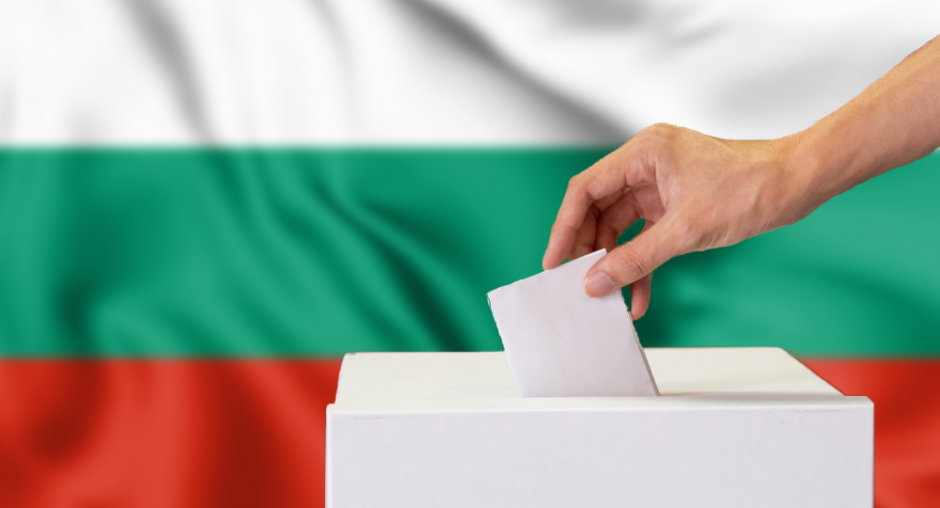Bulgaria’s 2023 early parliamentary elections: ODIHR election observation mission final report

The April 2023 early parliamentary elections in Bulgaria were competitive and well managed by the election administration, and fundamental freedoms were respected. The legal framework was adequate for the conduct of democratic elections, however, frequent changes eroded trust, undercut efficiency and complicated timely preparations. The media offered diverse and extensive coverage, allowing voters to hear a plurality of views, but remained susceptible to political and corporate influences that reduced critical reporting. The underrepresentation of women in political office and the campaign demonstrated a need for greater commitment to ensure gender equality in politics.
These are some of the main conclusions from the final report on the 2 April elections published today by the OSCE Office for Democratic Institutions and Human Rights (ODIHR).
Key recommendations include:
- Revising the legal framework well in advance of the next elections in an inclusive and transparent consultation process, to ensure a coherent and stable electoral framework;
- Introducing or changing election technologies sufficiently in advance, to allow time for piloting, auditing and certification of equipment and its functioning;
- Introducing temporary measures to promote women’s representation;
- Promptly investigating allegations of intimidation, coercion and vote buying, and educating voters on their rights and safeguards in place;
- Taking legislative measures to protect journalists and media workers and to uphold freedom of expression;
- Improving procedures for establishing and reporting voting results to eliminate inaccuracies in the results protocols.
ODIHR deployed an Election Observation Mission on 28 February 2023 to observe the elections and remained in the country until 12 April.
All 57 participating States across the OSCE region have formally committed to following up promptly on ODIHR’s election assessments and recommendations.
